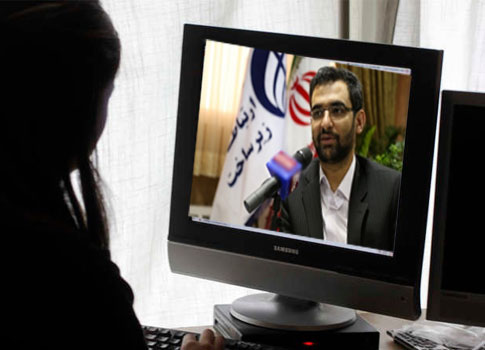Electronic records can be used as evidence without certificate: SC
With the age of digitization taking over, and electronic records playing primary importance as evidence, the Supreme Court has held that courts can rely on electronic records as permissible evidence and it is not compulsory for a person in a responsible position to certify them if “interest of justice so justifies”.
A bench of Justices A.K. Goel and U.U. Lalit noted that provision should be made only when such electronic evidence is submitted by a person who is in a position to produce such certificate and if this were not allowed then it would “be denial of justice to the person who is in possession of authentic evidence/witness”.
“Thus, requirement of a certificate under Section 65B(4) is not always mandatory,” the bench said, interpreting a provision of the Indian Evidence Act.
The top court's explanation on section 65B of Indian Evidence Act, dealing with applicability of electronic evidence in court proceedings, is bound to have an impression on criminal trials, where an increasing number of call details records, CCTV footage, mobile video recordings and CDs are being reckoned upon.
The whole matter came up before the court while it was addressing to the issue of video – recording used as a proof.
The Apex Court considered the views of four senior advocates Arun Mohan, Jayant Bhushan, Yashank Adhyaru and Meenakshi Arora, nominated as Amicus Curiae to guide in interpreting the provision of 65B, to enable admissibility of electronic records.
Stating the section 65B of Evidence Act as a procedural provision; the bench concluded that if the electronic evidence is "authentic and relevant" it can certainly be permitted, subject to the satisfaction of the court and may vary as per cases as "whether the person producing such evidence is in a position to furnish certificate under Section 65B(4)".



